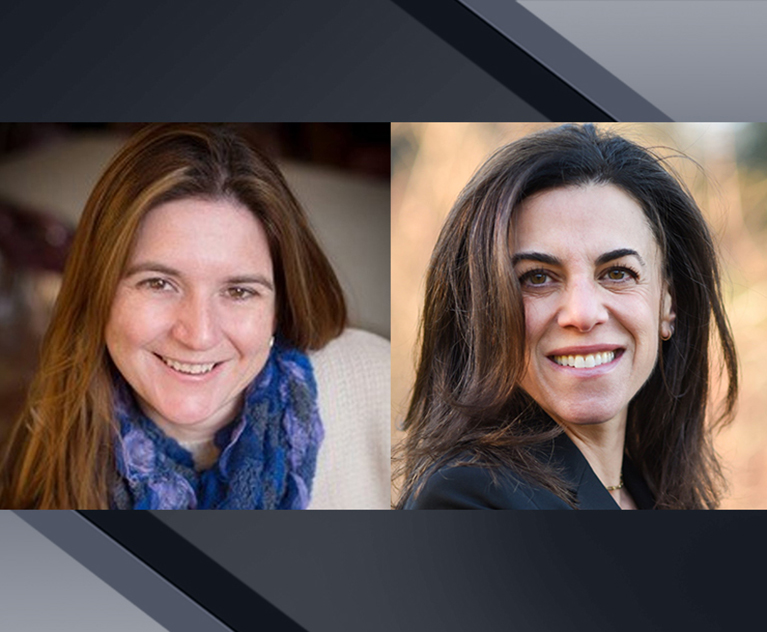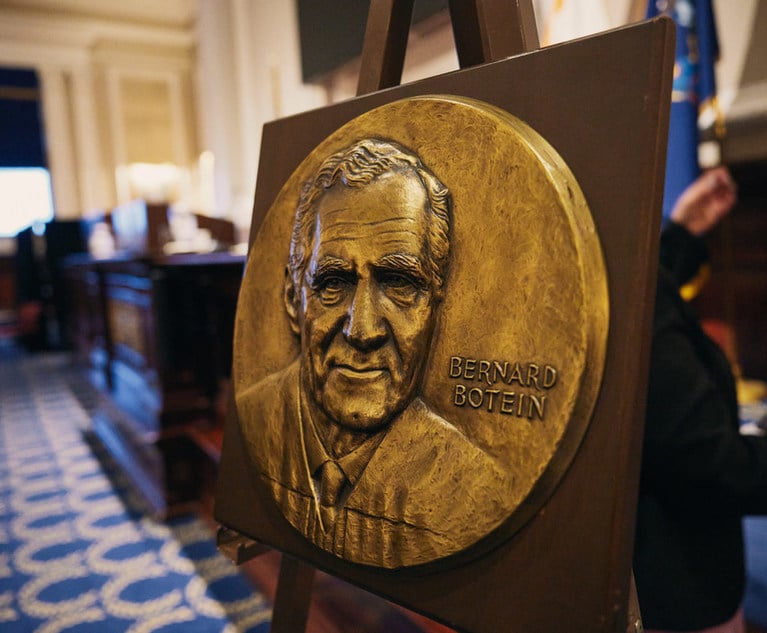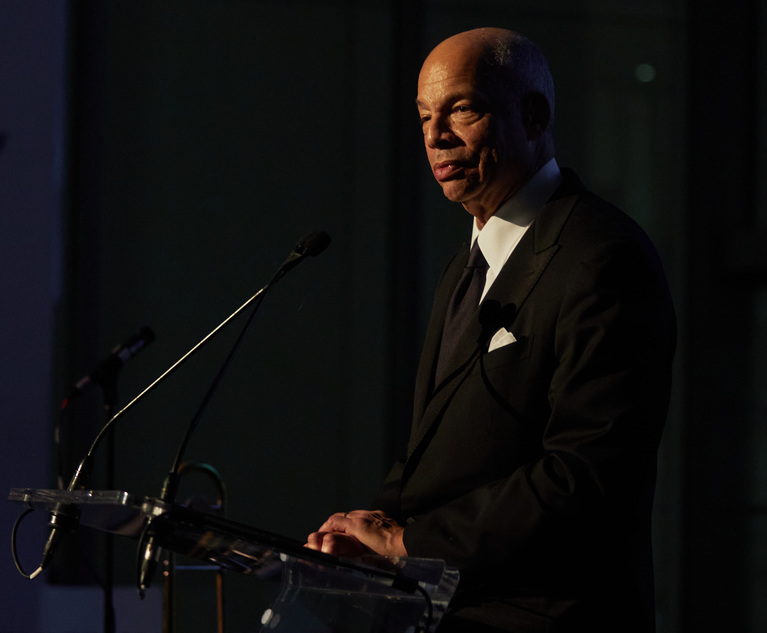What are some of your most satisfying successes of the past year and why? Seeing cases via an interdisciplinary lens also allows for creative legal solutions. Recently, the case of a four-year-old girl—who had been in foster care while her biological mother struggled with alcohol addiction—could have easily ended in a termination of her mother’s parental rights and a lifetime of trying to fit into a forever family. Instead, understanding the cyclical nature of addiction and recovery, our office proposed a suspended judgment with specific terms that would keep the child safe. This solution would honor the work that the mother was trying to do towards gaining sobriety. Aided by this patience and understanding, the family safely reunified under the watchful eye of our social work staff, within the confines of a detailed and culturally competent legal framework. Upon resolution, the court, the attorney for the child, and the attorney for the mother all expressed gratitude for the agency’s work and understanding of the barriers to reunification, so that problems could be solved, rather than legal relationships ended.
What is your best advice for in-house lawyers trying to make an impact, with their corporate clients and beyond? I have spent almost three decades straddling the divide between law and social work. I have learned that if you look at a family from only one angle, you are bound to have an incomplete perspective. I have come to understand that there is no bright line dividing the legal and social needs of the families I work with; rather, it is a complicated web of intertwined systems that demands collaborative practice. Practitioners who fail to see this bigger picture fail to serve clients adequately and in certain situations will even cause harm. Child welfare is a term that sits at the center of a wheel that has many spokes. The allied disciplines of social work, law, medicine, and education all play a part in developing a plan for children within the child welfare system, but, sadly, practitioners are not often engaged in dialogue across these disciplines. My best advice for in-house lawyers seeking to make a difference, for their clients as well as society, is to be creative in how you approach cases and give priority to understanding all of the barriers that your clients face, not just the legal ones. If you are able to do that you will do so much more than win cases—you will make a difference.


 Jennifer Reddin Cassar, left, and Julianne Cohn. Courtesy photos
Jennifer Reddin Cassar, left, and Julianne Cohn. Courtesy photos



